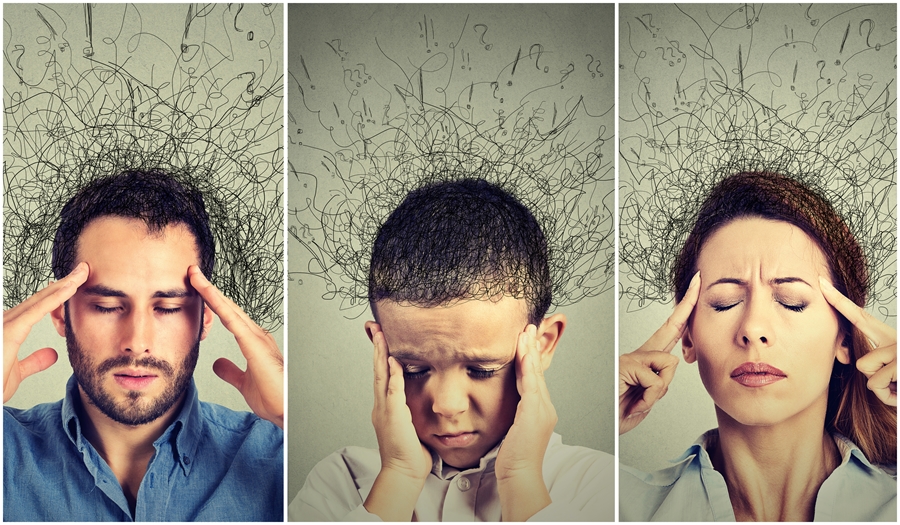
Mindfullness Part 2
 The second set of mindfulness skills are the “How” Skills, which teach specifically how to practice your mindfulness skills. The “How” skills are Nonjudgmentally, One-Mindfully, and Effectively. Unlike the “What” skills, these can all be done at the same time.
The second set of mindfulness skills are the “How” Skills, which teach specifically how to practice your mindfulness skills. The “How” skills are Nonjudgmentally, One-Mindfully, and Effectively. Unlike the “What” skills, these can all be done at the same time.
- Nonjudgmentally: The idea is to let go of judgment when evaluating people, their behavior, and events as good or bad. This helps to judge reality as “what is” without added evaluation. Judgments can have effects on emotions, relationships, and don’t facilitate change. There are two types of judgments: judgments that discriminate and judgments that evaluate. Judgments that discriminate, that is to discern or analyze whether two things are the same or different, are necessary, whereas judgments that evaluate judge someone or something. These are based on personal values, opinions and ideas, and are not part of factual reality.
- Nonjudgmental Exercises:
- Practice observing judgmental thoughts and say in your mind, “ a judgmental thought arose in my mind.”
- Replace judgmental thoughts with nonjudgmental thoughts. Write it down if you need help.
- Describe what is only observed with your senses, not interpretations.
- Describe your own feelings and remember that emotions are not judgments.
- Replace “should” with descriptions of feelings or desires.
- Nonjudgmental Exercises:
- One-mindfully: One-mindful focuses on the moment, as well one thing at a time, with awareness: Being present to our lives and what we are doing; Being completely present in this one moment; and not worrying or thinking about the past or future, as they do not exist in the present.
- One-mindful Exercises:
- Have full awareness while making coffee, tea, or following a recipe.
- Focusing on a chores, such as washing dishes, sorting toys, or cleaning the house.
- Having full attention while taking a bath or shower on what you are doing without hurrying and paying attention using your five senses.
- One-mindful Exercises:
- Effectively: Being effective is doing what needs to be done in each situation. Letting go of being right or what’s fair and just focusing on the goal.
- Effective Exercises:
- Observe when you begin to get dysregulated and ask yourself if the behavior is effective.
- Give up being “right” and switch to being effective.
- Notice willfulness and drop it to be more effective.
- Effective Exercises:
So, why would someone want to put all of this effort into everyday life? Aside from living in the present and being an active participant in your life, there are other reasons why someone would want to practice mindfulness. Imagine getting so dysregulated that your first instinct is to yell, act impulsively, or engage in other damaging behaviors which you might regret later. Now, image getting to that point of dysregulation and being able to stop, observe, and take control of your emotions and behaviors. Would that change your own self-respect? How about your relationships with others? Would it feel empowering to see that there is control over regulating emotions?
Doing a simple Google search, you can find hundreds of peer-reviewed, scientific papers proving the benefits of Mindfulness. Mindfulness has been shown to reduce anxiety, stress, depression, irritability, improve memory and reaction times, and reduce addictive and self-destructive behaviors. If these aren’t reason enough, how about doing mindfulness to stop being mindless? To stop forgetting what you are saying mid-sentence? To give full attention to a client, child, spouse, or partner? To stop mindless snacking and to break other mindless habits?
Many have found that the benefits outweigh the effort needed and, hopefully, after trying some of these exercises, you will too!
